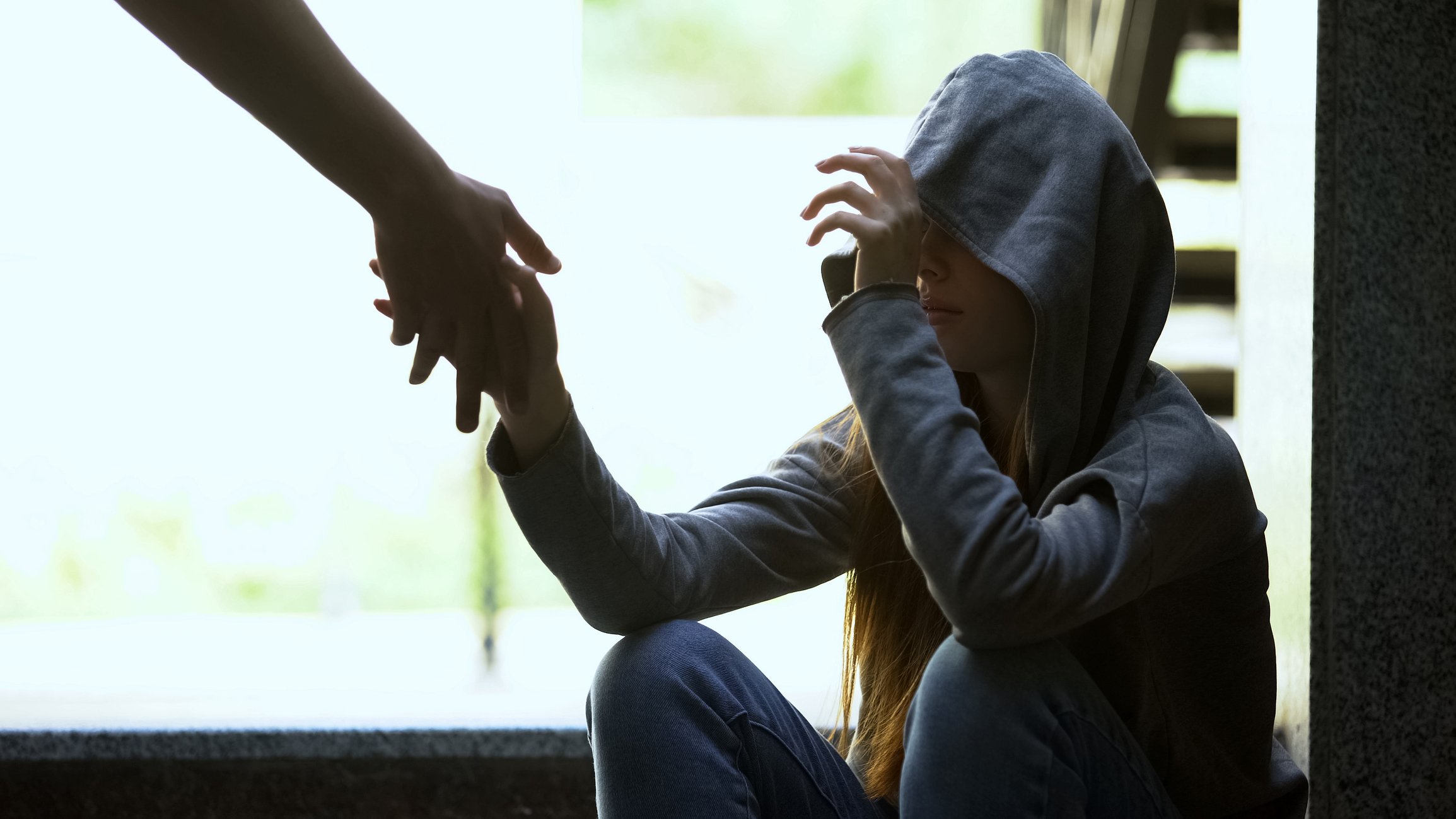You’re Not Alone in Feeling Lonely: Why It’s Totally Normal
Introduction
If you’ve ever felt like everyone else has their life together while you’re stuck feeling invisible or left out, you’re not alone. Maybe you’ve scrolled through social media, seen your friends hanging out without you, or just had one of those nights where everything feels a little too quiet. That feeling? It’s called loneliness—and guess what? It’s way more common than most people admit, especially during your teenage years.
So if you’re sitting with that ache in your chest, wondering “What’s wrong with me?”—here’s your answer: Nothing. Loneliness is totally normal, and you’re definitely not the only one who feels it.
Why Feeling Lonely Is Totally Normal
Loneliness isn’t just some weird emotion that happens when you don’t have friends. It’s actually a natural human experience—your brain’s way of reminding you that connection is important.
In your teenage years, there’s a lot going on. Friendships shift. School gets more intense. You might be figuring out your identity, interests, or even your sexuality. That’s a lot to carry—and it can make you feel isolated, even if you’re surrounded by people.
Plus, we live in a world where everyone’s highlight reel is on display 24/7. You see the fun, filtered moments—but rarely the lonely ones. The truth is, many people feel the same way you do. They just don’t say it out loud.
“Loneliness is a common experience, especially during transitions. It’s not a sign of weakness—it’s a signal that connection matters.”
What Loneliness Really Means
Let’s clear something up: feeling lonely doesn’t mean you’re physically alone. You could be in a crowded school hallway, sitting at lunch with friends, or even in a group chat—and still feel completely disconnected.
Loneliness is more about feeling unseen or misunderstood than it is about being by yourself.
There’s also a big difference between:
Being alone (which can be peaceful and healthy)
Feeling lonely (which can be painful and confusing)
Understanding this difference helps you figure out what you really need—whether it’s more connection, more self-care, or just a reminder that you’re not broken.
You’re Not the Only One (Stats + Stories)
Let’s talk facts:
According to recent studies, around 1 in 3 teenagers say they feel lonely “often” or “always.”
That means in your class, your sports team, or even your friend group—there’s probably someone else feeling just like you.
Even people who seem super confident or popular deal with it. Celebrities like Billie Eilish, Shawn Mendes, and Emma Chamberlain have spoken openly about struggling with loneliness—even at the height of their success.
“Even in a room full of people, I’ve felt like no one really saw me.” – Anonymous teen
You’re not weird for feeling this way. You’re human.
What You Can Do When You Feel Lonely
The good news? There are ways to feel better. And no—you don’t have to suddenly become super outgoing or make 100 new friends. Start small:
1. Write It Out
Journaling helps you process your thoughts. Try writing about what’s making you feel disconnected. You might uncover patterns or triggers.
2. Reach Out (Even Just a Little)
Send a quick text. Comment on someone’s story. Ask a friend how they’re doing. Small efforts can lead to bigger connections.
3. Focus on Something You Enjoy
Whether it’s gaming, music, drawing, skateboarding, or bingeing a show—doing something you like helps you feel more you, which makes it easier to connect with others.
4. Step Away from the Scroll
If social media makes you feel worse, take a break. Even just 24 hours offline can clear your head and reduce comparison overload.
5. Join Something New
A club, sport, class, or even an online community can help you meet people with similar interests. It might feel scary at first—but you don’t have to be the loudest person in the room to feel like you belong.
When to Reach Out for Help
While loneliness is normal, it can sometimes lead to deeper feelings of sadness, anxiety, or depression. If you notice things like:
Feeling hopeless
Losing interest in things you used to enjoy
Struggling to sleep or eat
Thinking about self-harm
…it’s time to talk to someone.
You don’t have to go through it alone. Speak to a trusted adult, a school counselor, or contact a teen support service. These places are here for you:
Childline (UK) – 0800 1111
YoungMinds – Mental health support for young people
Samaritans – 116 123 (24/7)
Asking for help isn’t a weakness—it’s one of the strongest things you can do.
Final Thought: You’re Never as Alone as You Feel
Feeling lonely doesn’t make you weird, broken, or unlovable. It makes you human. And even though it’s hard, this moment you’re in right now—this feeling—won’t last forever.
There are people who care. People who will understand you. People who haven’t even met you yet, but will one day become your closest friends.
So if all you do today is keep going, that’s more than enough. You’re not alone.
FAQ’s
-
Yes. Loneliness isn’t just about how many friends you have—it’s about how connected and understood you feel. Even popular or social people can feel lonely.
-
It depends. Sometimes it passes in a few hours or days. Other times, it can stick around longer—especially during big life changes. If it lasts for weeks and affects your mood daily, it’s worth talking to someone.
-
If you feel safe doing so, yes. You might be surprised—they may feel the same way. Being honest can deepen friendships and open up better conversations.
-
Sometimes, yes. Seeing everyone else’s “best moments” can make you feel left out. Taking regular breaks or curating your feed to follow positive, real people can help.
-
Start by focusing on shared interests. Join a club or try something new, even online. Making one small connection can lead to more over time. And remember, lots of people feel just as nervous about making friends as you do.






